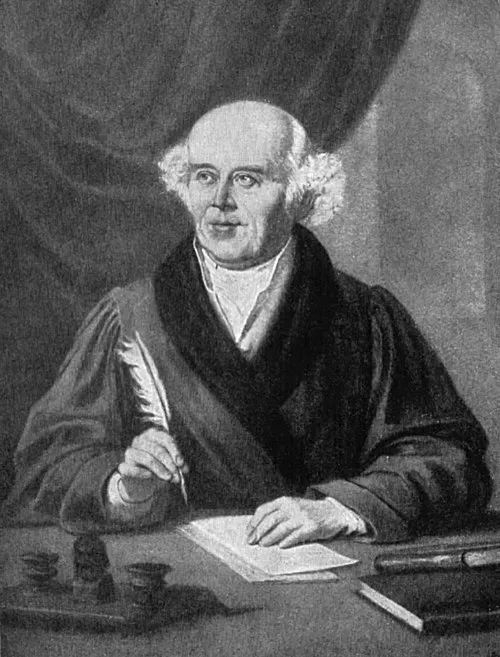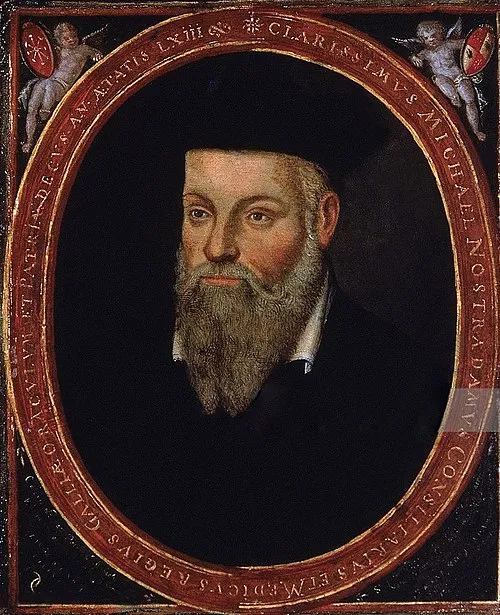
Birth Year: 1818
Death Year: 1857
Nationality: Italian
Profession: Soldier and philosopher
Notable Contributions: Known for his involvement in the Italian unification movement
Carlo Pisacane: The Visionary of Italian Unification
Carlo Pisacane was born on 22nd June 1818 in the coastal town of Sapri, Italy. He emerged as a significant figure in the Italian unification movement, often remembered not only as a soldier but also as a philosopher and a revolutionary thinker. His life and works reflected a deep commitment to his ideals, which resonated through his actions and writings.
Raised in a time of political upheaval, Pisacane was acutely aware of the socio-political dynamics that plagued Italy. His early education in Naples exposed him to the liberal ideas that were sweeping across Europe, instilling in him a sense of duty toward his nation and a desire for its unification. Pisacane believed that a unified Italy was essential for the well-being and advancement of its people, a conviction that would steer his course for the rest of his life.
His military career began as a soldier in the Kingdom of the Two Sicilies, where he quickly became disillusioned with the conservative monarchy. Seeking to promote change, Pisacane joined the ranks of many other revolutionaries advocating for a republican government. His quest for a unified Italy led him to collaborate with Giuseppe Garibaldi, the iconic leader of the Italian unification, albeit in many ways, his ideologies diverged from Garibaldi's visions.
Pisacane’s most notable endeavor was his ill-fated expedition to Sapri in 1857, where he aimed to incite a rebellion against the Bourbon monarchy. His plan was to land at Sapri, rally local support, and march towards the Kingdom of the Two Sicilies. However, the expedition encountered significant challenges, including lack of support and poor logistics. Ultimately, the rebellion was crushed, and Pisacane was killed on the 2nd of July 1857, at just 39 years of age. Despite its failure, his expedition is often viewed as a precursor to future unification efforts, highlighting the prevalent sentiments of revolution and change in Italy.
Beyond his military aspirations, Pisacane was a thinker and writer. His philosophical works explored themes of liberty, justice, and the moral obligations of citizens toward their state. He often expressed that true freedom could not exist without social equality, a notion that became a cornerstone of his beliefs. His writings seek to inspire not only the contemporary generation but also future thinkers, asserting the importance of individual action in the face of oppression.
Despite his life being cut short, Carlo Pisacane has remained an emblematic figure in the narrative of Italian unification. His ideas and actions contributed to a growing consciousness for the need for unity among the various states of Italy. In recognition of his efforts, he has been commemorated in various forms across Italy, symbolizing the indomitable spirit of those who fought for the unification of their homeland.
In summary, Carlo Pisacane is more than just a name drawn from the pages of history; he embodies a spirit of resistance and the quest for national identity. His life’s work continues to inspire generations, reminding us that the struggle for freedom and justice is a timeless endeavor that transcends borders.







